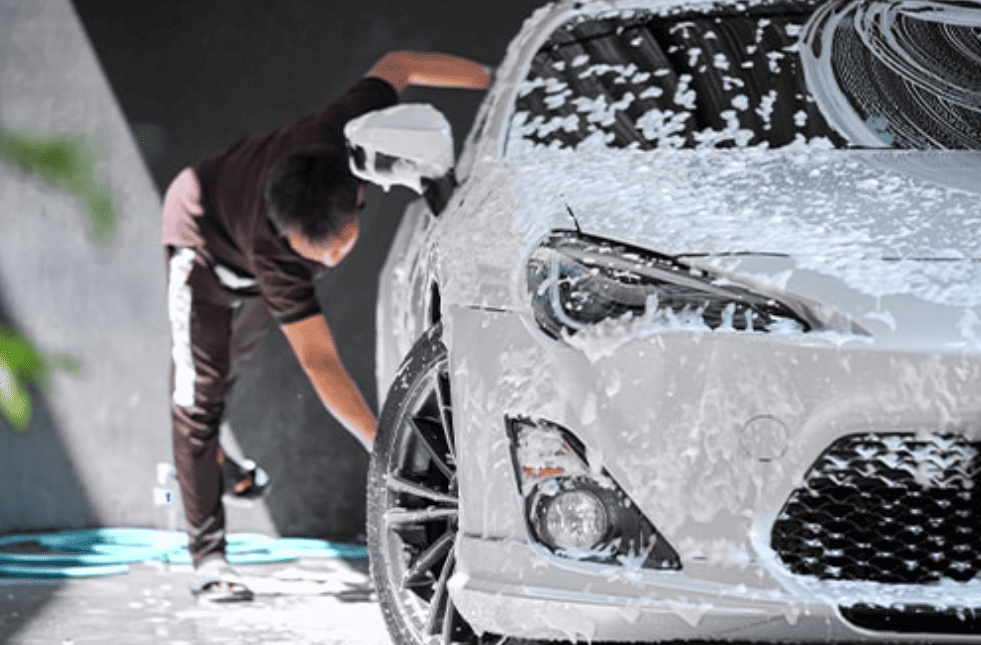Running a car wash isn’t always smooth. Machines can break, pumps can fail, and brushes can wear out. If you own a car wash, knowing how to perform essential car wash repairs is key. It saves money, avoids downtime, and keeps your customers happy. In this guide, we’ll show you simple ways to fix common issues in your car wash system.
Why Car Wash Repairs Are Important
A car wash is more than just a business. It’s a machine-driven service that relies on smooth operation. Even small problems can slow down work or damage equipment. Regular maintenance and timely repairs prevent big problems. Ignoring issues can cost a lot in replacements and lost business.
Car wash repairs are not only about fixing machines. They also ensure safety. Broken electrical parts or leaking water systems can create hazards for workers and customers. Taking care of repairs on time makes your car wash safer and more reliable.
Common Car Wash Problems
Knowing what usually goes wrong helps you act fast. Here are some common car wash issues:
- Water pressure problems: Low or inconsistent water flow can reduce cleaning efficiency.
- Brush wear: Brushes can tear or fray from constant use.
- Pump failure: Pumps wear out over time or get clogged.
- Electrical faults: Motors and sensors may fail or short circuit.
- Soap dispenser issues: Detergent may not flow properly due to clogging.
Identifying the problem early makes repairs easier and less expensive.
Tools You’ll Need for Repairs
Before you start, make sure you have the right tools. Simple tools make car wash repairs easier:
- Screwdrivers and wrenches
- Multimeter for electrical testing
- Pipe wrench for plumbing issues
- Lubricants for moving parts
- Cleaning brushes and cloths
Having the right tools helps you fix problems safely and quickly.
Step-by-Step Guide to Car Wash Repairs
Here’s a simple guide to handle the most common car wash repairs.
Fixing Water Pressure Problems
Check the main water supply first. Low water pressure may be caused by a clogged filter or valve. Clean or replace filters. Inspect hoses for leaks. Tighten any loose connections. If the problem continues, check the pump for wear.
Repairing Brushes
Brushes wear out over time. Look for broken bristles or uneven wear. Replace worn brushes. If brushes are attached with screws, tighten them. Make sure brushes rotate freely. Lubricate the moving parts if needed. Regular cleaning of brushes prevents early damage.
Pump Maintenance and Repairs
Pumps are the heart of a car wash. Check for leaks or unusual noises. Clean the pump filter regularly. Replace worn seals or bearings. Make sure the pump motor is working. Electrical checks may be needed if the pump does not start.
Electrical Repairs
Always turn off the main power before touching wires. Use a multimeter to check voltage and continuity. Replace damaged wires or faulty fuses. Inspect motors, relays, and switches. Clean electrical contacts to prevent corrosion. If unsure, call a certified electrician for major issues.
Soap Dispenser Fixes
Soap dispensers can clog easily. Remove the nozzle and clean it with warm water. Check the tubing for blockages. Replace worn or cracked tubes. Test the flow after cleaning. Using quality soap reduces clogs and makes repairs easier.
Regular Maintenance Tips
Preventive maintenance reduces the need for emergency repairs. Here are simple tips:
- Check brushes and belts weekly.
- Clean filters and nozzles regularly.
- Inspect pumps and motors monthly.
- Tighten loose bolts and fittings.
- Lubricate moving parts.
Small maintenance tasks save time and money in the long run.
When to Call a Professional
Some repairs need a professional. If you notice:
- Electrical issues beyond basic fixes
- Pump or motor failure that you cannot repair
- Persistent leaks or pressure problems
Calling a professional ensures the problem is fixed correctly. It also prevents accidents and damage to equipment.
Cost Benefits of Timely Repairs
Fixing issues early is cheaper than replacing machines. A small repair may cost $50-$200. Ignoring it could lead to a $1,000+ replacement. Timely repairs also reduce downtime. Your car wash can keep running without losing customers.
Safety Tips During Repairs
Safety is very important. Always turn off electricity and water before repairs. Wear gloves and safety glasses. Use proper tools and follow manufacturer instructions. Never try to repair high-voltage parts without training. Safe repairs protect you and your team.
Summary
Car wash repairs are not complicated if you know what to do. Inspect equipment regularly, keep tools ready, and perform small repairs before they become big problems. Regular maintenance saves money and keeps your car wash running smoothly.
By following this guide, you can handle most common car wash repairs yourself. For bigger issues, professional help is always a smart choice.
FAQs About Car Wash Repairs
Q. How often should I check my car wash equipment?
A. You should inspect brushes, pumps, and filters weekly. Motors and electrical systems can be checked monthly. Regular checks prevent unexpected breakdowns.
Q. Can I repair electrical problems myself?
A. Only minor electrical issues like replacing fuses or cleaning contacts should be done by yourself. For complex issues, hire a certified electrician to stay safe.
Q. How do I know when to replace brushes?
A. Replace brushes when bristles are frayed, uneven, or breaking off. Worn brushes reduce cleaning efficiency and may damage vehicles.
Q. What is the easiest way to prevent soap dispenser clogs?
A. Use quality detergent and clean the nozzle and tubing regularly. Avoid letting soap sit in the system for long periods.
Q. How much does it cost to repair a car wash pump?
A. Minor pump repairs may cost $50–$200. Major pump replacements can exceed $1,000. Early maintenance keeps costs low.


